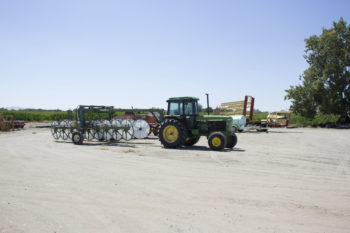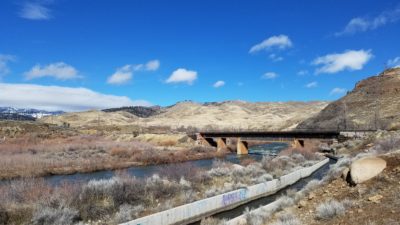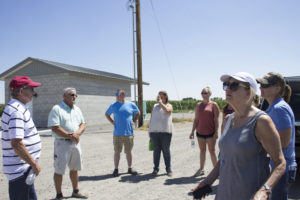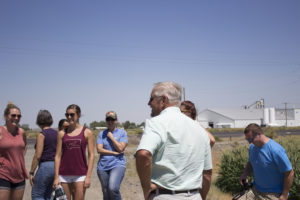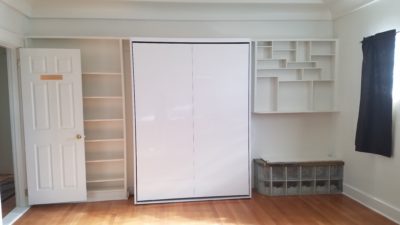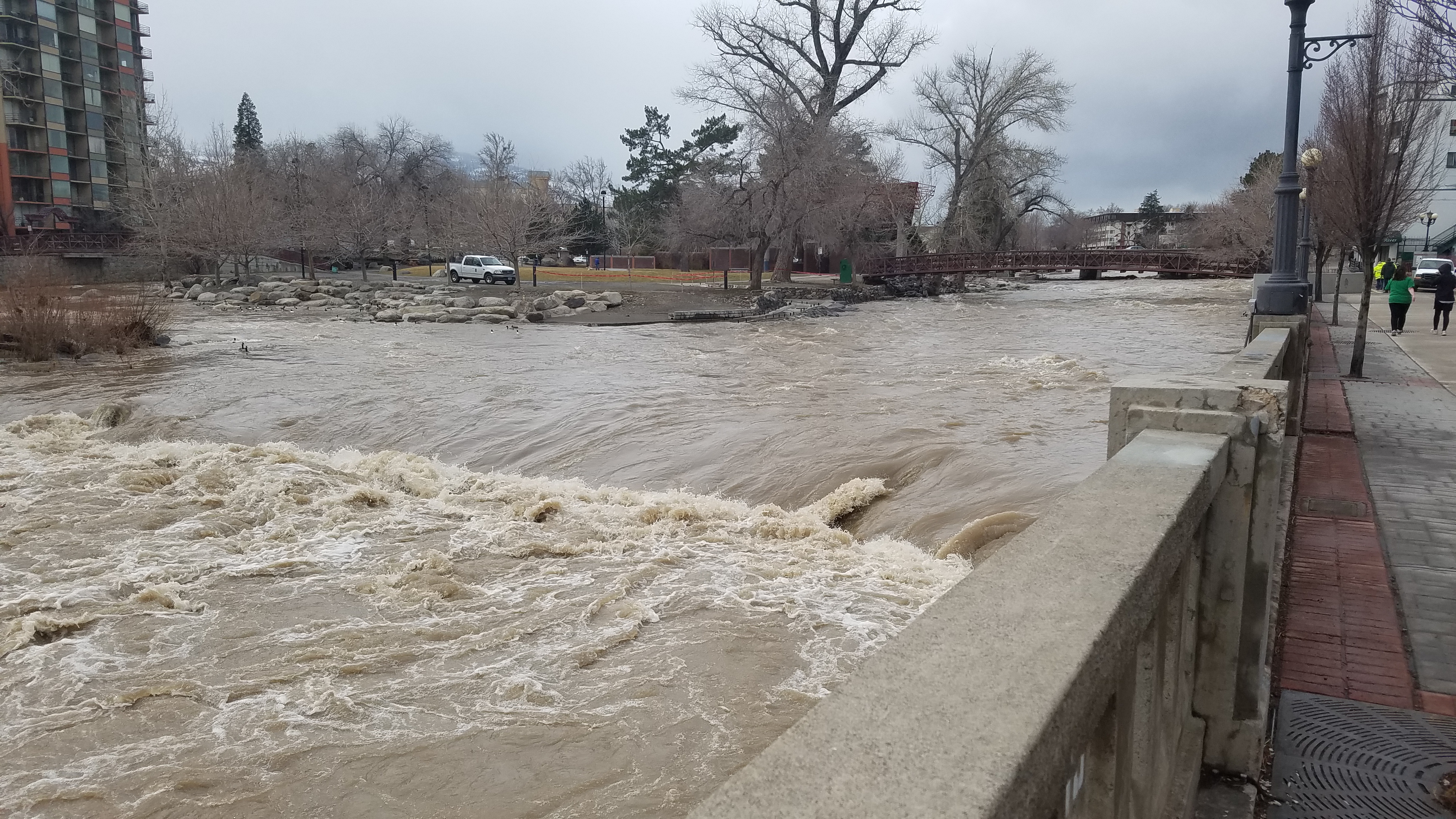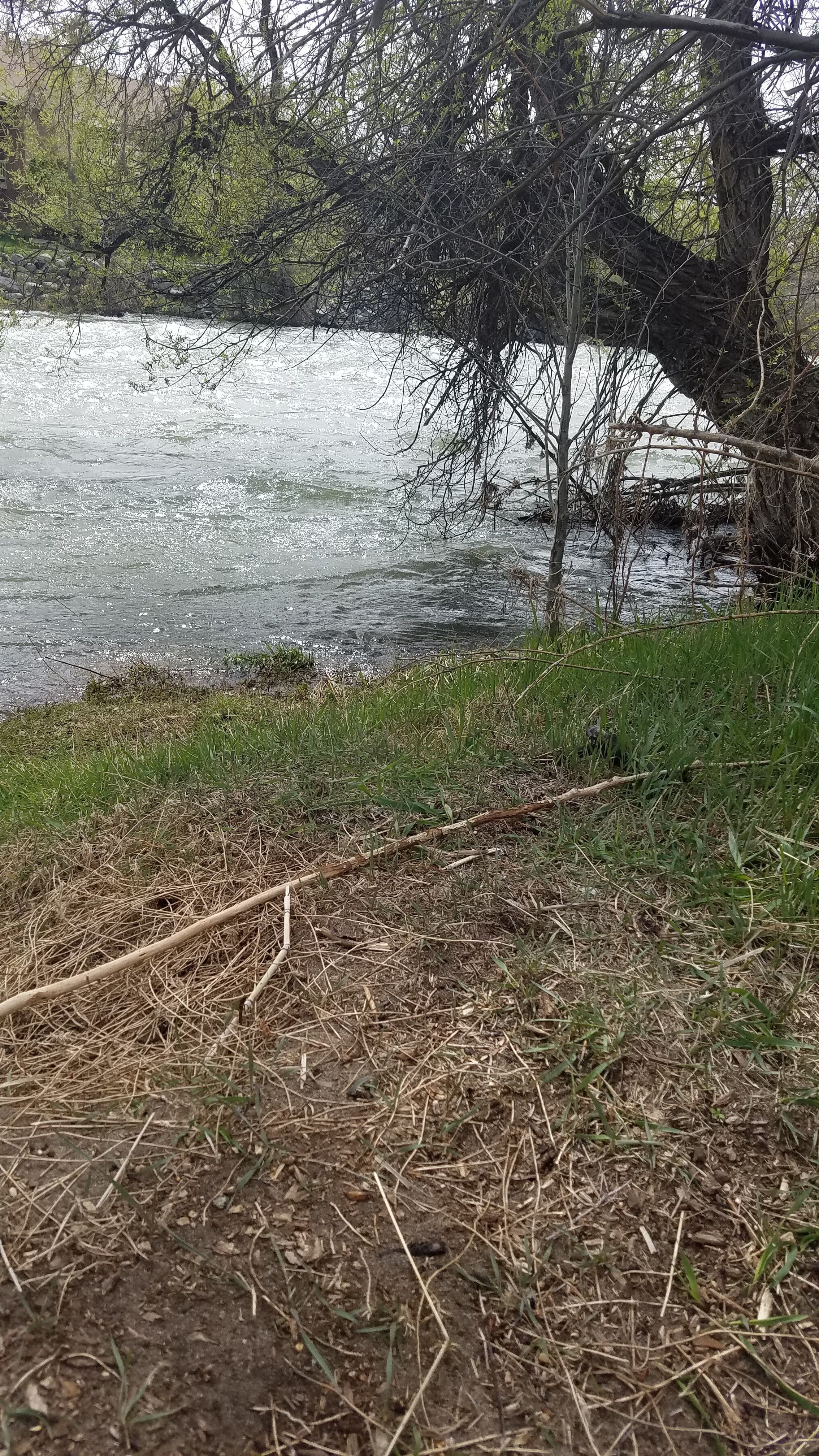By Therese Ure and Lisa Mae Gage
Many people are familiar with looking up water right information on Nevada Division of Water Resources (“NDWR”) database and are familiar with reading water right applications, permits and certificates. Is that information reliable enough to conclusively show what your water rights are? The answer is no. Several factors affect the reliability of information found on NDWR’s database and information listed on water right applications, permits and certificates.
NDWR Database
NDWR’s database is not always an accurate reflection of the current standing of a water right. While NDWR strives to maintain its database with the most current and accurate information, you must remember the disclaimer wherein NDWR provides no warranty regarding the accuracy, adequacy, completeness, legality, reliability or usefulness of the information contained within the database. The database is a useful tool to start your search, but it is by no means the last step!
Dual Recording System
Reviewing the database ownership records helps, but often times, water owners forget to “record” water ownership transfers with NDWR after completing the process with the County Recorder. Like the official real property records being maintained by the County Recorder, another set of official records for water rights of use are maintained by NDWR. NDWR updates ownership of water rights, not land, but only upon notification by the water right owner. NDWR has no knowledge of the water use change in ownership until the new owner directly notifies NDWR by filing a Report of Conveyance. Oftentimes new water right holders are unaware of their responsibility to separately notify NDWR of a change in ownership of water rights and therefore NDWR’s listed owner of record may not be accurate.
Water title transfer histories can become vague and confusing, especially when land is subdivided or water rights are expressly transferred off the original place of use property. Following the chain of title of the water rights may take a great deal of time and effort. Most County Recorder offices are updating their systems to allow viewing of recorded documents online, however, research of older documents often times requires physical research and inspection at the County Recorder’s office.
Changes in Water Right Elements
A water right Certificate outlines the elements of a water right at the time it was issued, however these elements can be changed over time. Some of the main “elements” include the source of water, how and when the water can be used, where the water can be used, and the rate and duty the water use. After a permit or certificate is issued, change applications can be filed changing all or a portion of the water use. A water right holder can sell a portion of the right, subsequent permits and/or certificates can be issued for water that is stacked or comingled with the initial water right, or portions of water rights can be lost through cancellation, abandonment and/or forfeiture. It is important to review the entire water right file to verify if any elements of the water use elements have been changed.
Basin Wide Orders
The State Engineer administers water rights in the state of Nevada. Many of the hydrographic groundwater basins are over appropriated and in need of close monitoring. The State Engineer often times issues orders related to groundwater basins that may change terms or add additional requirements to a water use that were not originally listed on the Permit or Certificate. Reviewing information concerning the basin as a whole is an important tool to determining impacts to individual water rights.
It’s no question that water rights are and will always be a very valuable resource. Water right elements, terms and requirements can change over time. While we have outlined a few of the diligence items, often times there is more research that is required. Ensuring water use holders know the terms and conditions of their use will help them stay in compliance in order to continue beneficial use.

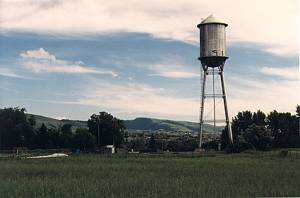

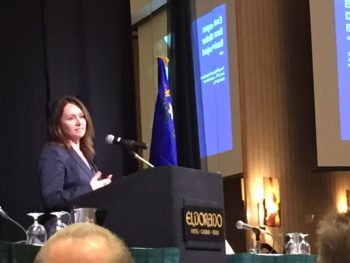


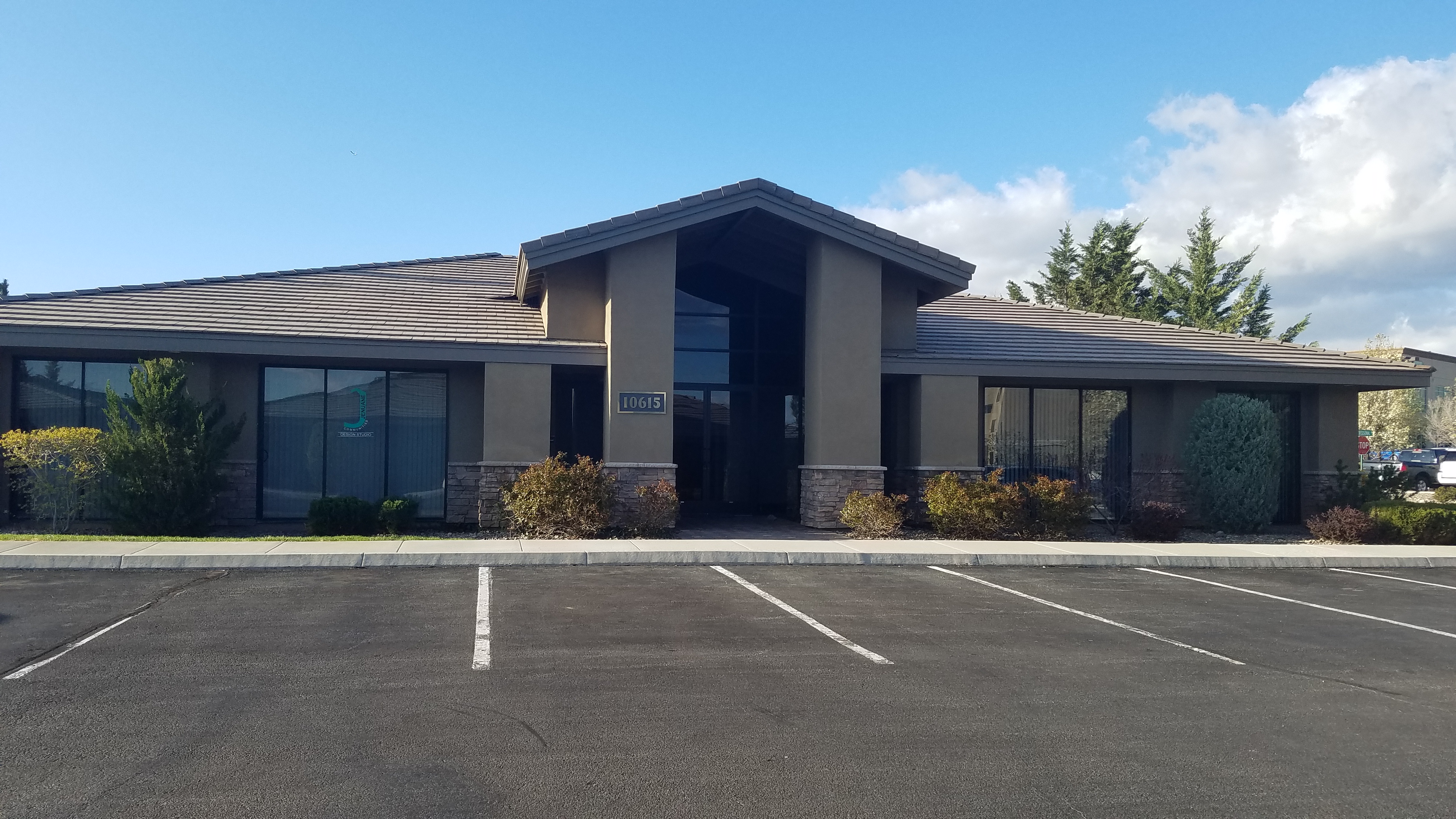 In April 2017,
In April 2017, 